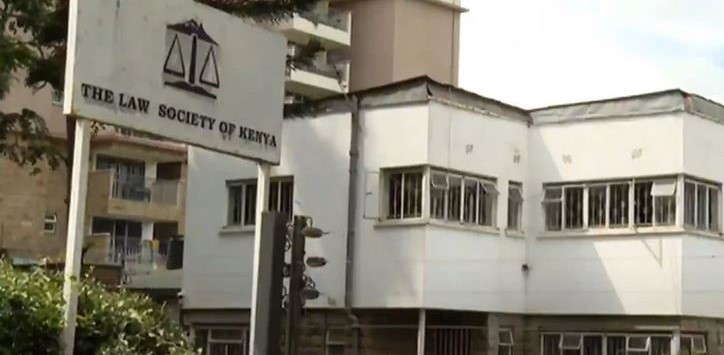A bid by five South Sudanese lawyers to practice in Kenya has hit a brick wall following an objection by the Law Society of Kenya.
According to reports by various Kenyan media outlets, the LSK has formally objected to the admission of the South Sudanese lawyers and one Chinese national to the Kenyan Roll of Advocates, citing a lack of reciprocal legal arrangements with those countries. The society argues that the admissions would violate statutory requirements that restrict foreign advocates to specific Commonwealth or East African jurisdictions.
A letter of objection was sent to Chief Justice Martha Koome regarding Gazette notices issued in late 2025 and January 2026.
Led by President Faith Odhiambo, the society said neither South Sudan nor China has reciprocal agreements with Kenya allowing their advocates to practice locally.
The South Sudanese nationals are listed as Awai Adhieu, Torpuot Kueth, Chuol Both, Ahol Okoo and Alier Geu, while the Chinese national is Ziwei Qi.
The society maintains that, under pre-2012 frameworks and current laws, only Kenyan citizens and qualified advocates from specific Commonwealth jurisdictions should be admitted.
The LSK move is part of what it describes as stricter enforcement of the Advocates Act regarding foreign lawyers.
The LSK is the statutory body that regulates the legal profession and promotes the rule of law in Kenya. It protects the public interest, enforces professional ethical standards, advises the government on legislation and represents more than 20,000 advocates.
Key roles include maintaining the roll of advocates, handling complaints through the Disciplinary Tribunal and conducting public interest litigation.
Kenya hosts thousands of South Sudanese, many of whom are enrolled in the country’s learning institutions. Radio Tamazuj






